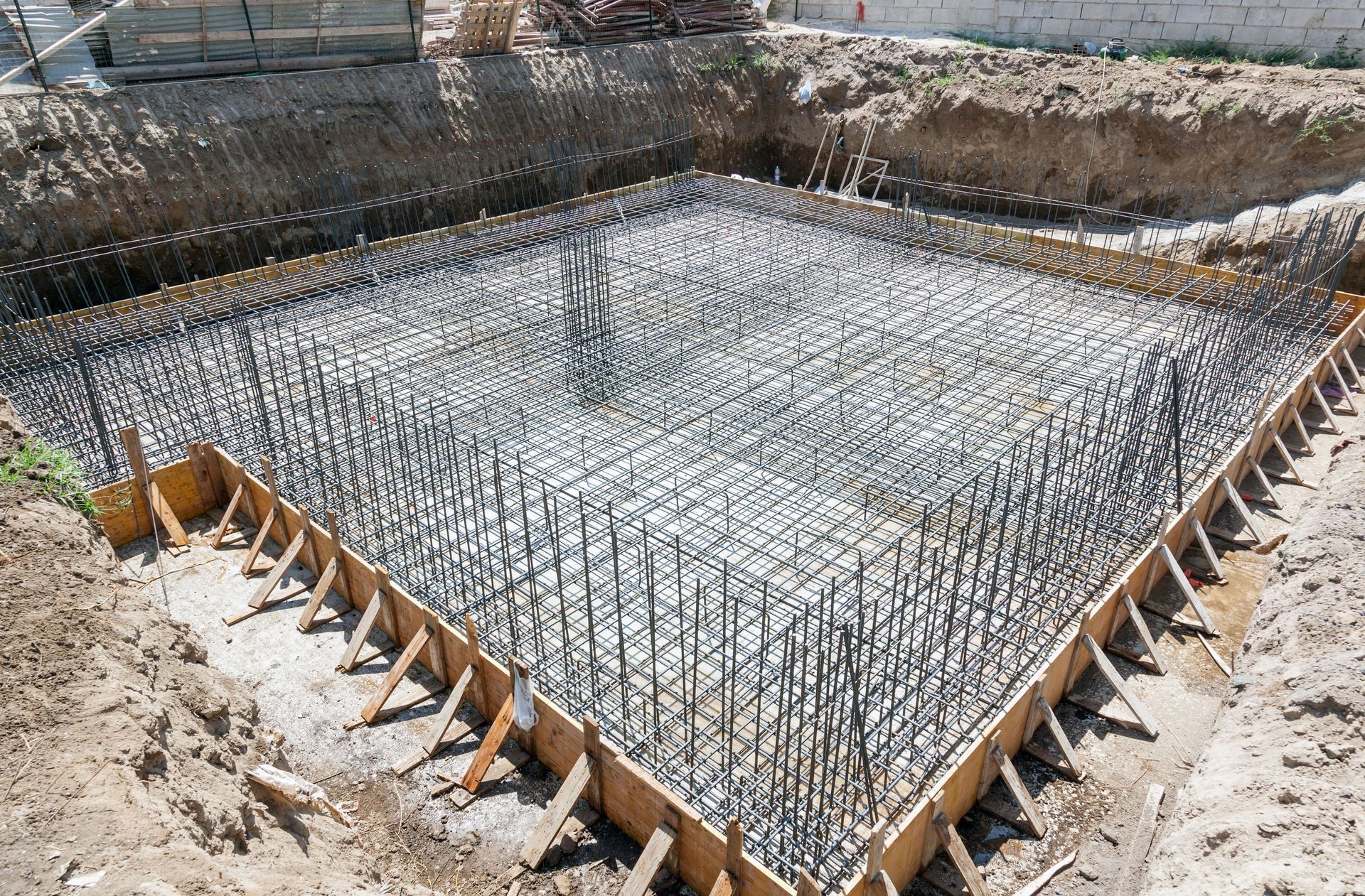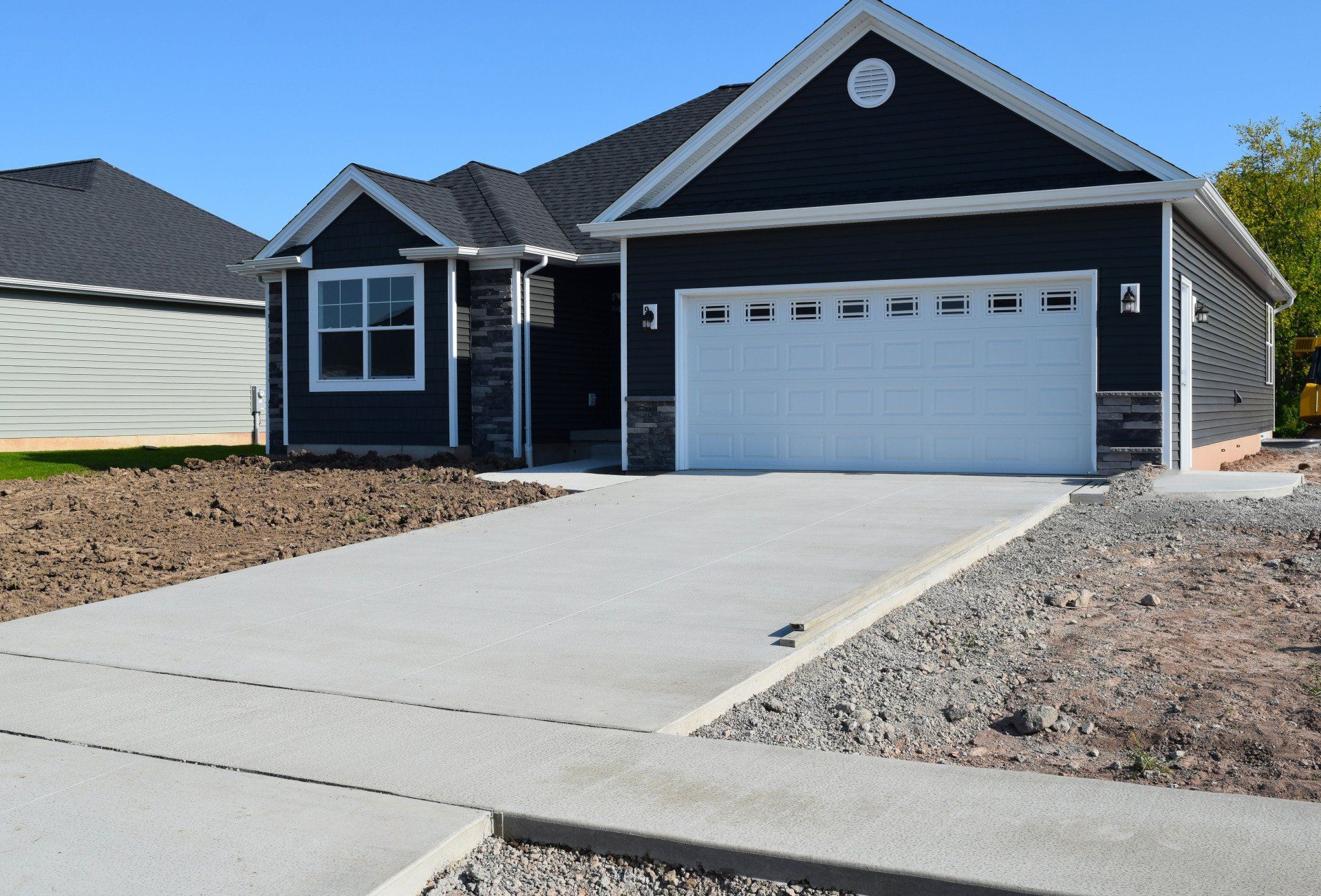6 Things to Look for Before Hiring General Contractors
A general contractor is a key figure in the successful execution of any home improvement project. They are responsible for overseeing the entire construction process, from the initial planning stages to the project’s completion. Their duties include coordinating subcontractors, managing timelines, securing materials, and ensuring that all work meets quality and safety standards. Understanding the full scope of a general contractor's responsibilities helps you appreciate the value they bring to your project and make informed hiring decisions.
A skilled general contractor also serves as your project’s problem-solver and quality gatekeeper. They anticipate challenges before they arise—whether it’s scheduling conflicts, unexpected structural issues, or material shortages—and implement solutions that keep your project on track. Beyond managing logistics, experienced contractors provide valuable insights on cost-saving alternatives and design enhancements that align with your goals and budget. With their expertise guiding every stage, homeowners gain peace of mind knowing the job will be completed efficiently, safely, and to the highest standards.
1. Know When It’s Time to Hire a General Contractor
Hiring a general contractor is especially beneficial for large-scale projects involving multiple trades or complex logistics. For example, if you're planning a home addition or a complete kitchen remodel, a general contractor simplifies the process by acting as your single point of contact. For smaller projects or cosmetic updates, a handyman or specialist may be sufficient. Evaluating your project’s size and complexity helps you decide whether hiring a general contractor is worth the investment.
For homeowners juggling busy schedules, having a general contractor manage all moving parts can save enormous amounts of time and stress. Coordinating electricians, plumbers, carpenters, and inspectors independently can quickly become overwhelming—and costly—if timelines overlap or requirements are misunderstood. A general contractor keeps everyone aligned, ensuring seamless communication, fewer delays, and reduced risk of budget overruns.
Another key advantage is compliance. Major renovations often require permits and adherence to strict building codes. A seasoned contractor is familiar with these processes and ensures your project meets all regulatory standards, protecting you from costly fines or unsafe work.
2. Verify Licenses, Certifications, and Subcontractor Management
When hiring a general contractor, licensing and certification should be top priorities. A licensed contractor has met state and local requirements, demonstrating their competence and professionalism. You can usually confirm credentials through your state’s licensing board or an online database.
General contractors often collaborate with subcontractors who specialize in trades such as plumbing, electrical work, or carpentry. This delegation ensures that every part of your project is handled by a skilled professional. The contractor manages and oversees subcontractor performance, ensuring accountability, quality control, and adherence to deadlines—all while providing you with a single point of communication.
Established relationships between contractors and subcontractors also lead to greater efficiency. These trusted partnerships mean fewer errors, smoother workflows, and better coordination. For homeowners, that translates into a more reliable, cohesive, and stress-free construction experience.
In addition, long-standing partnerships often result in better pricing and priority scheduling for your project. Because subcontractors value consistent, professional relationships with reputable general contractors, they’re more likely to deliver top-tier workmanship and adhere to agreed timelines. This collaboration not only enhances efficiency but also boosts accountability—each trade professional takes pride in maintaining the contractor’s reputation for excellence. Ultimately, these established networks help ensure your home improvement project is completed on time, within budget, and with superior results.
3. Budget Wisely and Compare Quotes
Careful budgeting is a cornerstone of any successful renovation. Begin by estimating costs for materials, labor, permits, and unexpected expenses. Researching average project costs provides a realistic foundation for your budget.
For example, according to the Plan Collection, the average residential patio size in the U.S. is around 16 feet by 18 feet, which can help you visualize scale and potential costs for similar outdoor projects.
Requesting detailed quotes from multiple contractors allows you to compare prices, timelines, and included services. Be wary of quotes that seem too low—missing details or lower-quality materials can lead to higher costs later. Open communication about your budget and priorities can help your contractor suggest creative ways to stay within limits, such as adjusting materials or timelines.
Additionally, when reviewing quotes, don’t just focus on the bottom line—pay attention to what’s included. A transparent, itemized estimate should outline material costs, labor fees, permits, and potential contingencies. This clarity helps prevent unexpected expenses down the road and allows you to make accurate comparisons between contractors. It’s also wise to ask about payment schedules and whether deposits are required upfront. By taking the time to thoroughly evaluate each proposal, you’ll gain a clearer understanding of value versus cost and make a more confident, informed hiring decision.
4. Understand Permits, Contracts, and Insurance Requirements
Legal and administrative safeguards are essential to protect your home improvement investment. Most significant projects—like structural changes, plumbing, or electrical work—require building permits. A qualified general contractor will handle the application process, ensuring the work complies with local codes.
A detailed written contract should outline the scope of work, total cost, payment schedule, warranties, and expected completion date. This document prevents misunderstandings and holds both parties accountable.
Equally important is verifying that your contractor carries both general liability and workers’ compensation insurance. These policies protect you from being held financially responsible if an accident or property damage occurs during the project.
Beyond verifying insurance coverage, it’s also a good idea to request proof of active policies directly from the contractor’s provider. This extra step ensures that coverage is current and legitimate—not expired or misleading. You can also ask whether subcontractors are covered under the same policy, as some may require separate insurance. Proper coverage not only protects you financially but also demonstrates the contractor’s professionalism and commitment to safety. Choosing an insured contractor provides peace of mind, knowing that your home and investment are safeguarded throughout every phase of the project.
5. Plan for Realistic Timelines and Maintain Open Communication
A successful renovation requires careful scheduling and consistent communication. Work with your contractor to develop a realistic timeline that accounts for each project phase, from demolition to final inspection. External factors such as weather, material shortages, or permit delays can affect timelines, so build flexibility into your plan.
Regular updates and clear communication prevent small issues from turning into major setbacks. Many contractors use project management tools or share progress photos, keeping you informed without needing to oversee every detail. Transparency and collaboration are key to maintaining momentum and trust throughout the project.
6. Prioritize Quality Control and Post-Project Care
Quality assurance begins on day one. Establish clear standards for materials, craftsmanship, and safety to ensure the final result meets your expectations. Conduct inspections during key stages of the project and before final approval to catch issues early.
The final walkthrough is your opportunity to verify every detail—from electrical systems and plumbing to finishes and fixtures. Don’t hesitate to request corrections or adjustments. After completion, obtain important closure documents such as warranties, lien waivers, and final inspection approvals.
Planning for long-term maintenance is also important. Discuss care recommendations with your contractor to preserve your investment and prevent future issues. Reliable contractors often offer follow-up services or maintenance advice, ensuring your renovation continues to add value for years to come.
Equipped with these six essential considerations, you can confidently approach your next home improvement project. From licensing and budgeting to scheduling and quality control, each step plays a critical role in ensuring a smooth process and a lasting outcome.
According to industry insights, well-planned renovations not only improve functionality but can also increase your home's overall value. For homeowners ready to take the next step, trust Chuck Harrell Home Construction to deliver expert craftsmanship, transparent communication, and reliable project management. Contact them today to bring your home improvement vision to life.







Share On: